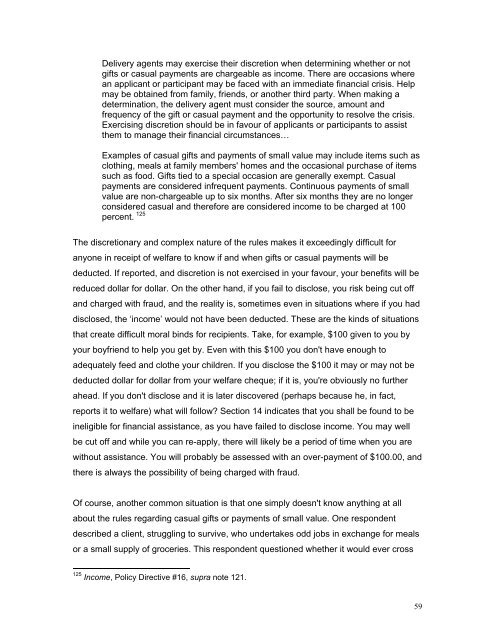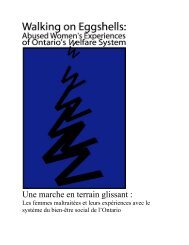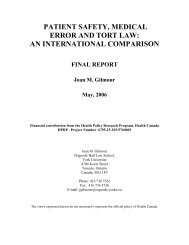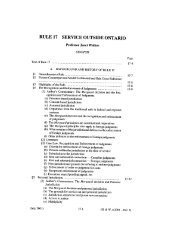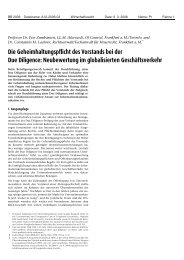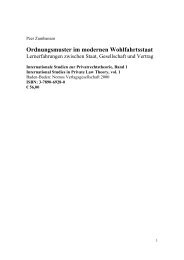Welfare Fraud: The Constitution of Social ... - York University
Welfare Fraud: The Constitution of Social ... - York University
Welfare Fraud: The Constitution of Social ... - York University
Create successful ePaper yourself
Turn your PDF publications into a flip-book with our unique Google optimized e-Paper software.
Delivery agents may exercise their discretion when determining whether or not<br />
gifts or casual payments are chargeable as income. <strong>The</strong>re are occasions where<br />
an applicant or participant may be faced with an immediate financial crisis. Help<br />
may be obtained from family, friends, or another third party. When making a<br />
determination, the delivery agent must consider the source, amount and<br />
frequency <strong>of</strong> the gift or casual payment and the opportunity to resolve the crisis.<br />
Exercising discretion should be in favour <strong>of</strong> applicants or participants to assist<br />
them to manage their financial circumstances…<br />
Examples <strong>of</strong> casual gifts and payments <strong>of</strong> small value may include items such as<br />
clothing, meals at family members' homes and the occasional purchase <strong>of</strong> items<br />
such as food. Gifts tied to a special occasion are generally exempt. Casual<br />
payments are considered infrequent payments. Continuous payments <strong>of</strong> small<br />
value are non-chargeable up to six months. After six months they are no longer<br />
considered casual and therefore are considered income to be charged at 100<br />
percent. 125<br />
<strong>The</strong> discretionary and complex nature <strong>of</strong> the rules makes it exceedingly difficult for<br />
anyone in receipt <strong>of</strong> welfare to know if and when gifts or casual payments will be<br />
deducted. If reported, and discretion is not exercised in your favour, your benefits will be<br />
reduced dollar for dollar. On the other hand, if you fail to disclose, you risk being cut <strong>of</strong>f<br />
and charged with fraud, and the reality is, sometimes even in situations where if you had<br />
disclosed, the ‘income’ would not have been deducted. <strong>The</strong>se are the kinds <strong>of</strong> situations<br />
that create difficult moral binds for recipients. Take, for example, $100 given to you by<br />
your boyfriend to help you get by. Even with this $100 you don't have enough to<br />
adequately feed and clothe your children. If you disclose the $100 it may or may not be<br />
deducted dollar for dollar from your welfare cheque; if it is, you're obviously no further<br />
ahead. If you don't disclose and it is later discovered (perhaps because he, in fact,<br />
reports it to welfare) what will follow Section 14 indicates that you shall be found to be<br />
ineligible for financial assistance, as you have failed to disclose income. You may well<br />
be cut <strong>of</strong>f and while you can re-apply, there will likely be a period <strong>of</strong> time when you are<br />
without assistance. You will probably be assessed with an over-payment <strong>of</strong> $100.00, and<br />
there is always the possibility <strong>of</strong> being charged with fraud.<br />
Of course, another common situation is that one simply doesn't know anything at all<br />
about the rules regarding casual gifts or payments <strong>of</strong> small value. One respondent<br />
described a client, struggling to survive, who undertakes odd jobs in exchange for meals<br />
or a small supply <strong>of</strong> groceries. This respondent questioned whether it would ever cross<br />
125 Income, Policy Directive #16, supra note 121.<br />
59


